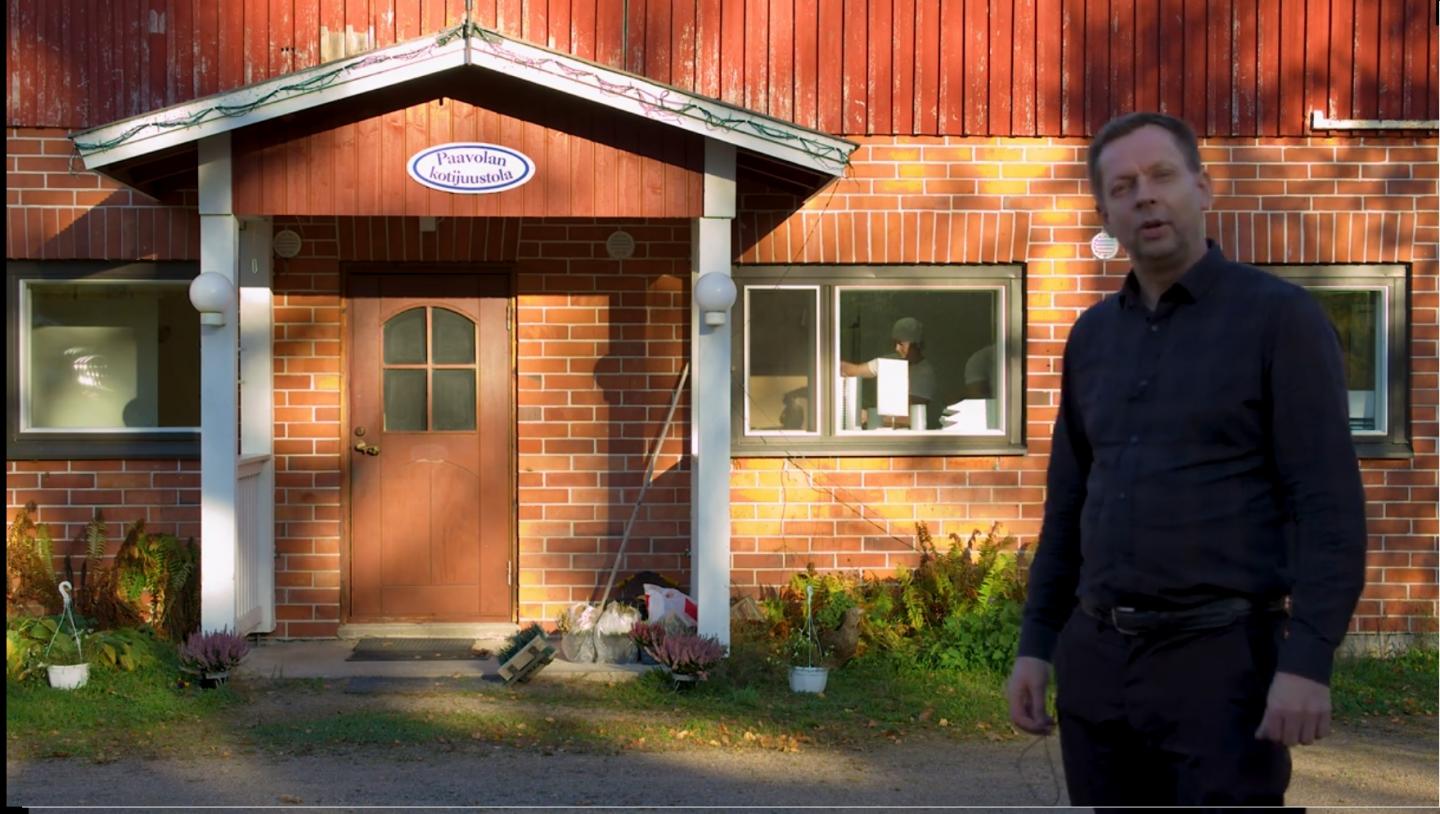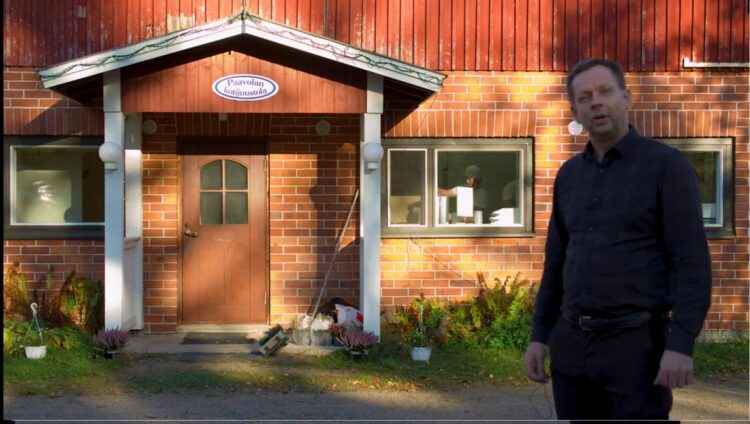
Credit: Diverfarming
Many consumers are willing to pay for improved environmental quality and thus non-market values of impacts of food production on e.g. water quality, C sequestration, biodiversity, pollution, erosion or GHG emissions may even be comparable to the market value of agricultural production. Diverfarming project elucidated how consumers value agroecosystem services enabled by diversification and provided consumer perspectives for developing future agricultural and food policies to better support cropping diversification.
The researchers quantified consumers’ willingness to pay for the benefits of increased farm and regional scale diversity of cultivation practices and crop rotations. Three valuation scenarios were presented to a representative sample of consumers: the first one focused on agroecosystem services on cropland, the second on wider socio-cultural effects and the third was a combination of them. A total of 600 consumers finished the questionnaire.
It was found that 79% of households were willing to pay extra for cropping diversification and that this corresponds to a significant monetary value of ecosystem services. The calculated total non-market value of cropping diversification at the country level can be as high as 47-95% compared to the annual market revenues of cereals, and 15-32% compared to the total market revenues in agriculture in Finland. The sum the consumers were willing to pay was on the average €228 per household annually which equals to €245 per hectare of cultivated cropland.
The relatively high willingness to pay for both agroecological and socio-cultural benefits provide important messages for actors in the food chain and for policy makers on future targeting of economic resources within agri-environmental schemes. This study showed that positive societal implications of cropping diversification were valued slightly higher than direct field level effects of diversification. In particular, improved maintenance of domestic food production and processing, reduced nutrient runoffs from agriculture, maintained food culture and tradition, as well as improved carbon balance of agriculture and the number of jobs in rural areas were valued high.
The effectiveness of agroecological schemes needs to be developed further but a higher contribution by consumers can also likely fund future transition towards more sustainable food production. Findings on the valuation of different ecosystem services help different actors of the food chain or policy makers to stress the most valued consequences and use the related arguments when, e.g., motivating the use of public expenditures.
However, the results also indicate that 21% of consumers were not willing to pay anything to support more diverse cropping systems. Rather traditional arguments based on ecology have been used in promoting for example organic and low-input agriculture. Effects on carbon sequestration and more resilient food production with positive effects on rural jobs and local food culture have been less emphasized. Using a larger selection of arguments would help to reach a wider variety of consumer types.
The Diverfarming project seeks a change in paradigm in European agriculture towards a more environmentally and economically sustainable agriculture through crop diversification and the reduction of inputs.
###
Diverfarming is a project financed by the Horizon 2020 Programme of the European Commission, within the challenge of “Food Security, Sustainable Agriculture and Forestry, Marine, Maritime and Inland Water Research and the Bioeconomy”, under agreement 728003. It counts on the participation of the Universities of Cartagena and Córdoba (Spain), Tuscia (Italy), Exeter and Portsmouth (United Kingdom), Wageningen (Netherlands), Trier (Germany), Pecs (Hungary) and ETH Zurich (Switzerland), the research centres Consiglio per la ricerca in agricoltura e l’analisi dell’economia agraria (Italy), the Consejo Superior de Investigaciones Científicas (Spain) and the Natural Resources Institute LUKE (Finland), the agrarian organisation ASAJA, and the companies Casalasco and Barilla (Italy), Arento, LogísticaDFM and Industrias David (Spain), Nieuw Bromo Van Tilburg and Ekoboerdeij de Lingehof (Netherlands), Weingut Dr. Frey (Germany), Nedel-Market KFT and Gere (Hungary) and Paavolan Kotijuustola and Polven Juustola (Finland).
Latvala, T., Regina, K., Lehtonen, H. (2021) Evaluating Non-Market Values of Agroecological and Socio-Cultural Benefits of Diversified Cropping Systems. Environmental Management https:/
Media Contact
Elena Lázaro
[email protected]
Related Journal Article
http://dx.





